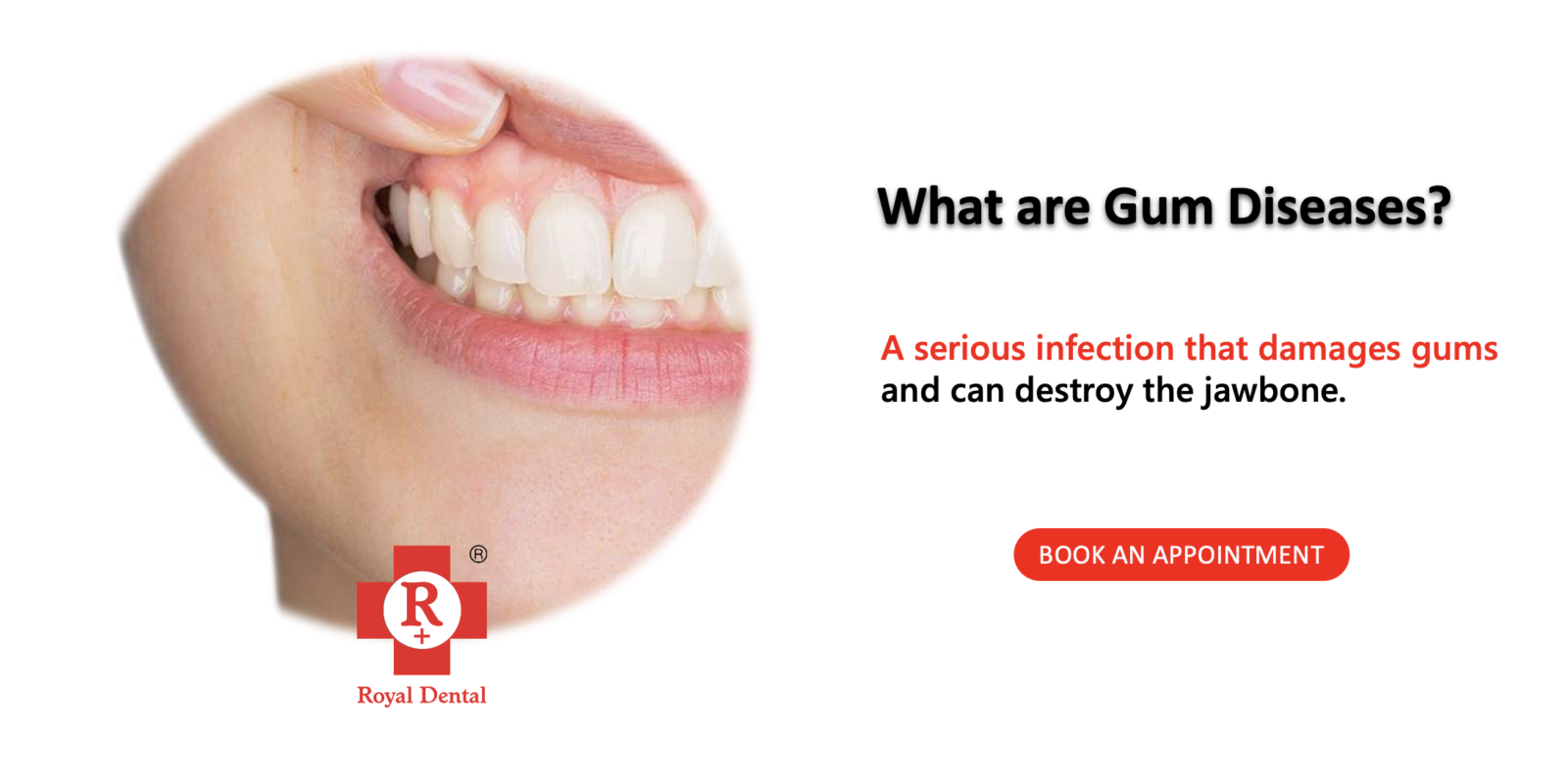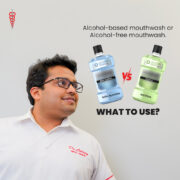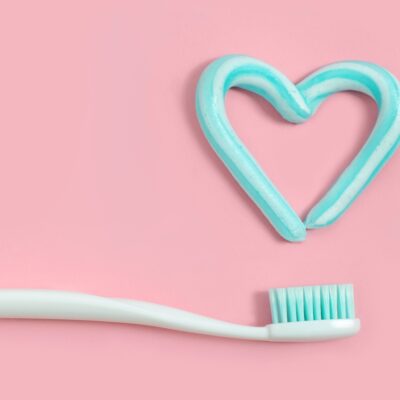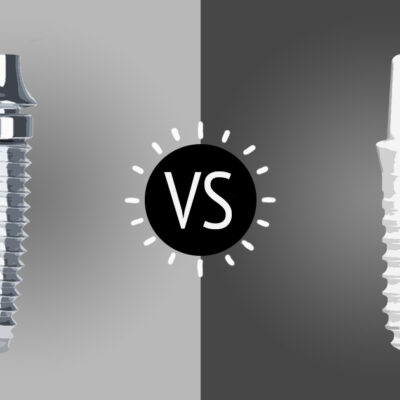If you have gum disease and are not treating it, your condition will get worse over time. It’s a common problem for people who have untreated, advanced periodontal disease. Left untreated, this infection can also lead to chronic inflammation of the gums (periodontitis) and bone loss. Fortunately, with regular checkups, home care, and periodontal treatments from your dentist or hygienist such as scaling and root planing—procedures done to remove plaque and tartar above and below the gum line you can stop further damage from occurring. These articles explain how to prevent periodontal disease from getting worse!
Change your brushing and flossing habits
Maintaining good oral health by brushing and flossing regularly can greatly reduce your risk of developing periodontal disease. Ideally, you should brush your teeth twice a day using an appropriate technique. If you are over 35, use an alternative method to brush your teeth such as an electric toothbrush and an appropriate gentler toothpaste to reduce the risk of gum recession and tooth loss.
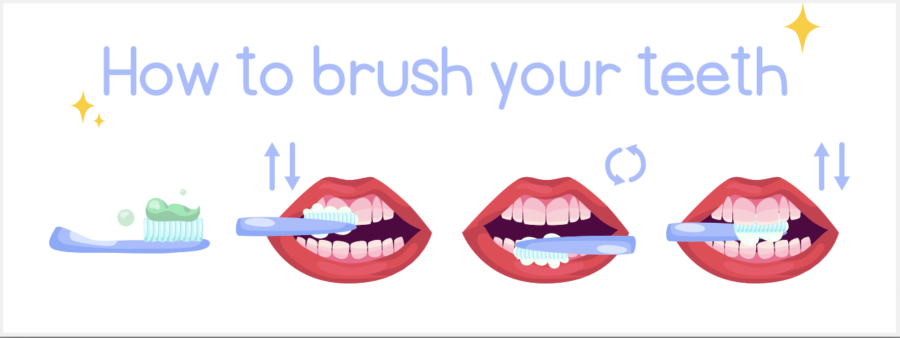
Gum diseases spread due to left over food debris
Yes, brushing is an excellent way to clean your teeth, remove dental plaque, and prevent cavities. But brushing alone isn’t enough to keep your teeth healthy and prevent gum disease. Flossing contributes to good dental hygiene because it lifts and removes plaque and food in between your teeth. Brushing also removes plaque and food debris, but the bristles of a toothbrush can’t reach deep in between teeth to remove it all. Therefore, flossing helps keep your mouth as clean as possible.
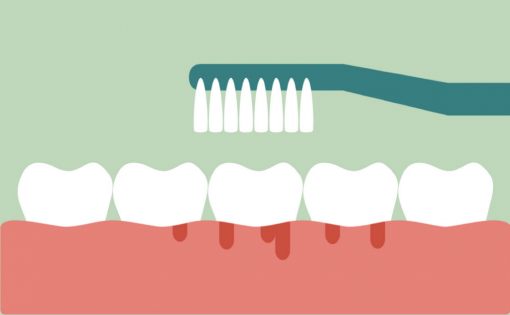
Whether you brush or use an electric toothbrush, you should use a gentle technique to avoid damaging your gum tissue and teeth. If you are using a manual toothbrush, you should apply only light pressure when brushing your teeth, as brushing too hard can damage your gums. Good dental hygiene involves more than just brushing your teeth.
Have your teeth cleaned by a dentist or hygienist
Regular cleanings and examinations by your dentist or hygienist are essential in the prevention and detection of periodontal disease and other oral diseases. Thorough teeth cleaning should remove plaque and calculus (tartar) above and below the gum line. This procedure is usually part of regular teeth cleaning, although some dentists or hygienists may recommend a special cleaning, such as an ultrasonic or laser cleaning if a teeth cleaning is not removing the plaque and tartar adequately.
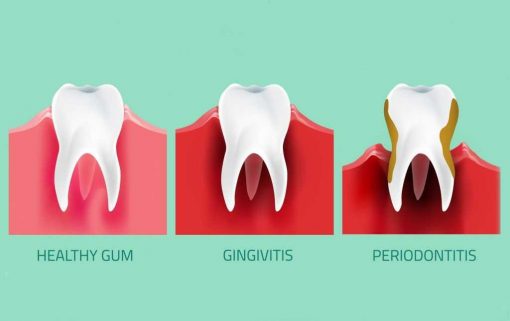
If you have advanced gum disease, your dentist or hygienist may recommend that you have periodontal therapy (scaling and root planing) to remove the plaque and tartar that is contributing to your gum disease some dentists recommend that you visit once every 6 months for a cleaning. This allows your dentist to get a look at your teeth and let you know if there’s anything that needs to be addressed, such as a cavity or gingivitis. There doesn’t appear to be a lot of research comparing people who go to the dentist twice per year with people who get teeth cleanings less frequently. In recent years, the 6-month standard has been deemed arbitrary by some experts.
Study on Gum diseases
One 2013 study suggested that people who visit twice per year don’t necessarily improve their dental outcomes in a statistically significant way. That same study found that dental care visit frequency should be determined in conversation with your dental professional, based on your specific risk factors for gum disease (periodontitis) and tooth loss.
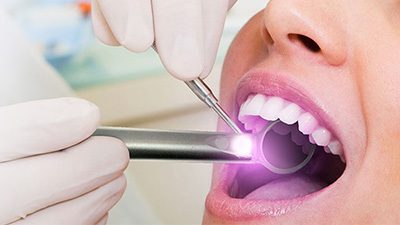
47.2% of adults aged 30 years and older have some form of periodontal disease. Periodontal disease increases with age, 70.1% of adults 65 years and older have periodontal disease. Periodontal diseases are prevalent both in developed and developing countries and affect about 20-50% of global population. High prevalence of periodontal disease in adolescents, adults, and older individuals makes it a public health concern.
Use an effective mouthwash to prevent gum disease
If you have gum disease, you may want to use an antiseptic mouthwash such as chlorhexidine to reduce the number of bacteria in your mouth. A study showed that a mouthwash containing 0.12% chlorhexidine significantly reduced the number of bacteria in patients with periodontal disease compared to those who used a placebo mouthwash. If you have gum disease, you may also want to use an antibacterial mouthwash to help reduce the number of bacteria in your mouth.
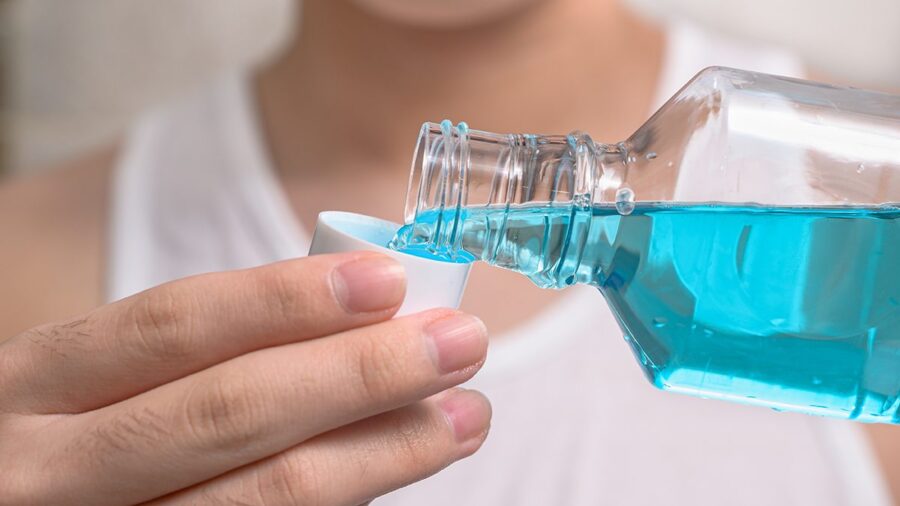
Mouthwashes that contain triclosan and fluoride are effective against plaque, gingivitis (inflammation of the gums), and bad breath. You can also use toothpaste with triclosan, which has been shown to reduce the amount of plaque and gingivitis. Mouthwash, also called oral rinse, is a liquid product used to rinse your teeth, gums, and mouth. It usually contains an antiseptic to kill harmful bacteria that can live between your teeth and on your tongue.
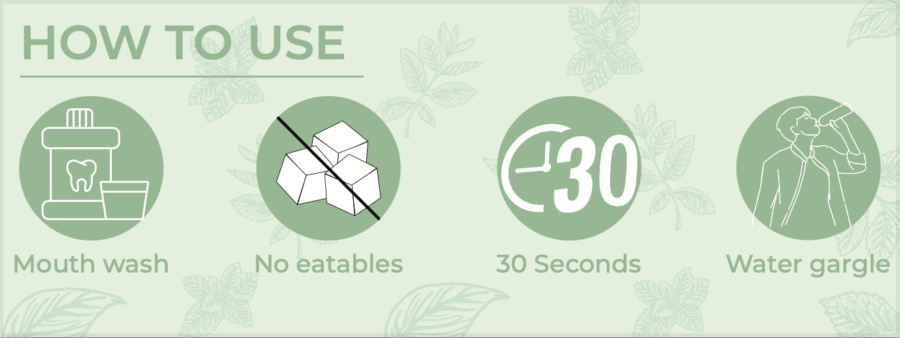
Some people use mouthwash to fight against bad breath, while others use it to try to prevent tooth decay. Mouthwash doesn’t replace brushing your teeth or flossing in terms of oral hygiene, and it’s only effective when used correctly. It’s also important to understand that different product formulas contain different ingredients, and not all mouthwashes can strengthen your teeth. Keep reading to find out everything you need to know about using mouthwash.
Ask your dentist about treatment options for gum disease
If you have advanced gum disease and your periodontal disease is not improving with gum brushing, flossing, and regular visits to the dentist, your dentist may recommend periodontal treatment. For chronic gum disease cases, your dentist may recommend periodontal surgery such as a gum graft or periodontal flap surgery.
A gum graft involves removing some of the healthy gum tissue from the site of gum disease (the attachment areas) and replacing it with a new tissue graft from the roof of the mouth (the palate) to help the gum tissue reattach to the teeth. In periodontal flap surgery, your dentist will remove the infected gum tissue and part of the underlying bone to clean the root surfaces of the teeth.
Take home care measures to stop further damage
After your gum disease is treated, you need to take steps to keep your teeth and gums healthy. These can include: – Eat a healthy diet. Follow a healthy diet that is low in sugar and high in fiber. Brush your teeth twice a day with a soft-bristled brush, floss daily, and use mouthwash as needed. Have your teeth cleaned by a dentist or hygienist every three months? See your dentist for regular examinations and gum treatment if you have gum disease.
Conclusion
Periodontal disease is a bacterial infection that damages your gums and can lead to tooth loss. If you have gum disease. You should see your dentist to get periodontal treatment as soon as possible to stop further damage. If you have gum disease, you should change your brushing and flossing habits. Have your teeth cleaned by a dentist or hygienist, use an effective mouthwash, and ask your dentist about treatment options.

